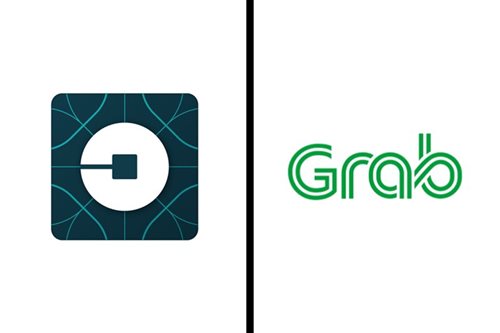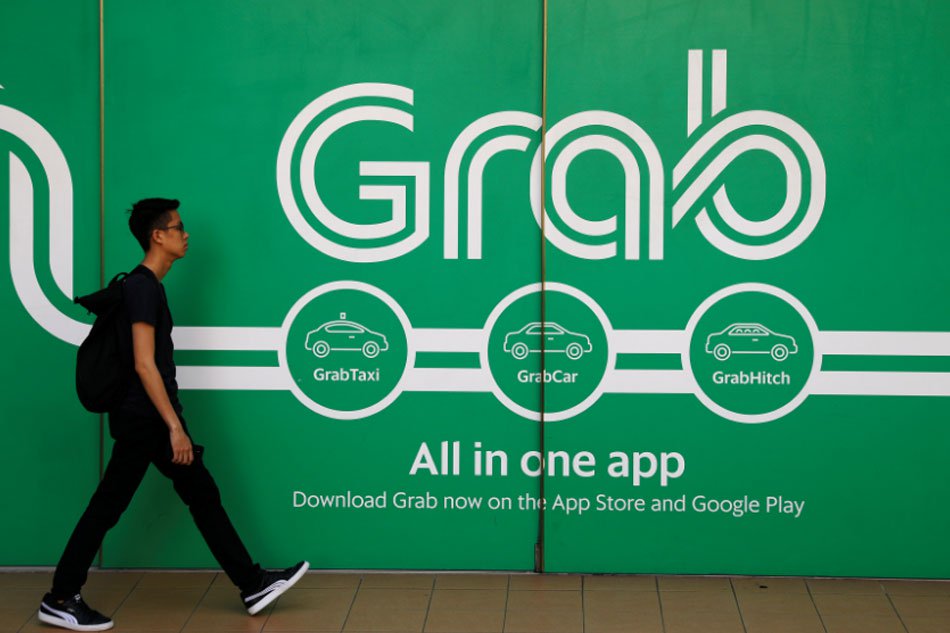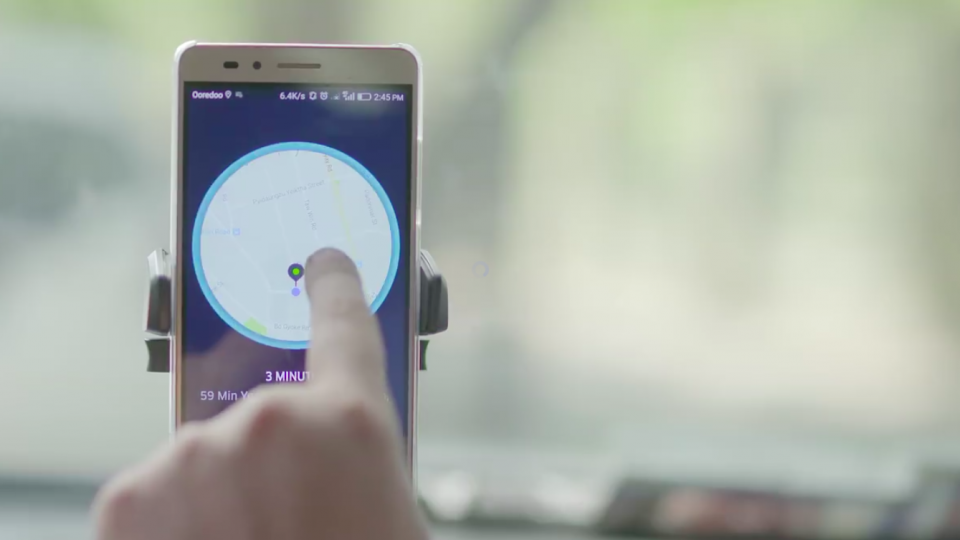Both Grab and Uber will have to deal with potential financial penalties slapped on them by antitrust watchdog the Competition and Consumer Commission of Singapore (CCCS), which today found that the merger between the two ride-hailing service giants has led to a “substantial lessening of competition.”
CCCS has issued what’s known as a Proposed Infringement Decision against the two companies in regards to the deal that rocked the Southeast Asian ride-hailing market back in March.
Grab agreed to buy Uber’s food- and ride-hailing operations across the region, ending a long battle for dominance between the companies. Uber, in return, received a stake in the Singapore-based tech firm.
It was an acquisition that did not sit well with CCCS, which launched an investigation to find out if there was an infringement of the Competition Act. The Act itself functions to maintain the competitiveness of markets in Singapore and to eliminate or control practices that have an adverse effect on competition.
And it looks like the Uber-Grab deal did infringe on the Act. CCCS concluded that the acquisition has removed competition between the two, and could continue to “hamper the ability of potential competitors to access drivers and vehicles.”
Increased prices
The body also concluded that the merged entity (in this case, Grab) is likely to increase prices and “has in fact done so,” referring to a dip in the number of rider promotions and driver incentives on offer. Those findings contrast with Grab’s promise not to jack up prices after the acquisition.
“Without sufficient competition post-Transaction, Grab would be able to raise fares for riders and commission rates for drivers, lower the quality of its services and reduce innovating its product offerings,” wrote CCCS in their statement.
“Further, CCCS has received numerous complaints from both riders and drivers in relation to the increase in effective price post-Transaction (e.g. via a decrease in quantum and frequency of rider promotions and driver incentives), reflecting Grab’s ability to increase effective prices post-Transaction.”
Oof.
Financial penalties
With Uber and Grab having concluded their deal despite concerns about the substantial lessening of competition, CCCS is now seeking to impose financial penalties on each of the ride-hailing firms.
The final dollar figure hasn’t been confirmed, but according to the Competition Act, it could reach up to 10 percent of turnover (i.e. net sales) in Singapore for each year of infringement, up to a maximum of three years.
Both Uber and Grab have 15 working days from today to make their presentations to CCCS, which will then finalize the penalty after hearing comments, feedback and all available information and evidence.
Proposed solutions

To help restore market contestability, CCCS has even provided suggestions to Grab and Uber at to what they could do.
- Remove exclusivity obligations, lock-in periods, termination fees on all Grab drivers to increase choices for drivers and riders
- Remove Grab’s exclusive partnerships and arrangements with any taxi fleet in Singapore
- Grab to return to its pre-merger pricing algorithm and driver commission rates until competition is revived in the market
- Uber to sell Lion City Rentals (or its assets) to any potential competitor other than Grab. “This prevents Grab and Uber from aligning Lion City Rentals with Grab to the disadvantage of Grab’s potential competitors, and will facilitate a new entrant’s access to a vehicle fleet.”
The bombshell, however, is that CCCS might require Uber and Grab to actually unwind their merger altogether if its found that the remedies are impossible or aren’t substantial enough to address competition concerns.
With their findings released, the watchdog body is now inviting feedback about the proposed solutions on their website. We’re pretty sure that members of the public have a lot of things to say about Grab post-merger.
The CCCS decision will be another thing to worry about aside from the depletion of the pool of drivers, thanks to the Private Hire Car Vocational License requirements.
Grab disagrees

On their end, Grab has outrightly disagreed with the CCCS analysis. Stating that the watchdog appeared to have “taken a narrow approach in defining competition”, the ride-hailing giant pointed out that there have been “dynamic developments and intense competition” from other taxi and ride-hailing players in the past couple of months.
Grab’s response also affirmed that they’ve proactively engaged with the body before the acquisition was signed, as well as fully cooperating with them during their post-merger investigations. “We conducted the acquisition legally and in full compliance with Singapore’s applicable competition laws,” said a Grab spokesperson in response to queries from Coconuts Singapore.
The firm also disagreed with the proposed remedies, calling them “overreaching” and going against Singapore’s pro-innovation and pro-business regulations. The Grab spokesperson also assured that the company will be submitting written representations to the CCCS and take all appropriate steps to appeal against the decision.
Editor’s Note: Article amended to include Grab’s response to CCCS.




